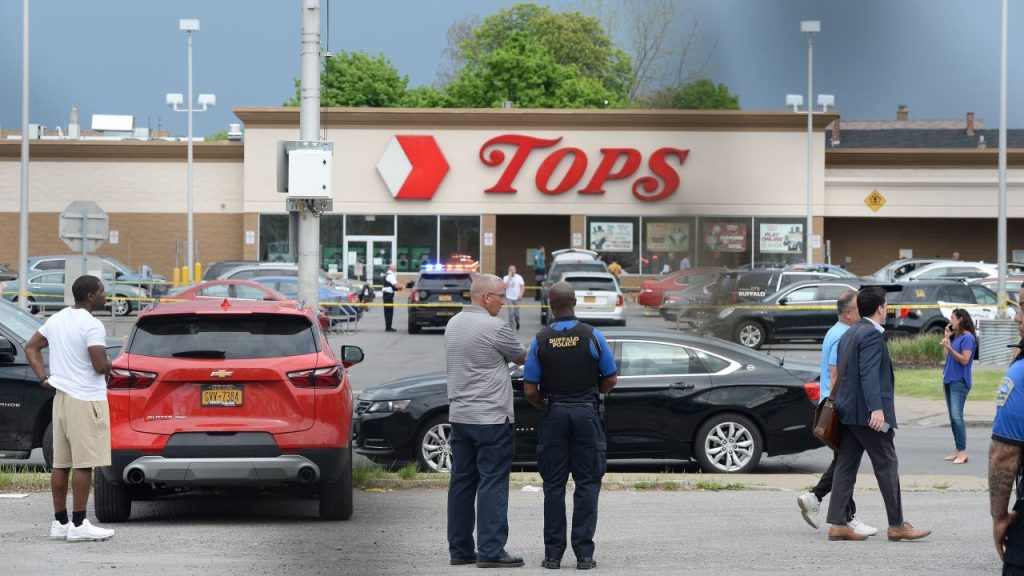In a significant move, sixteen survivors of the tragic 2022 Buffalo supermarket mass shooting have taken legal action by filing a lawsuit in New York’s Erie County Supreme Court. The lawsuit targets social media corporations, the manufacturers responsible for the shooter’s weaponry and body armor, as well as the shooter’s parents.
The comprehensive 22-count lawsuit alleges that several entities, including Mean LLC, Vintage Firearms, RMA Armament, Alphabet, and its subsidiaries Google and YouTube, as well as Reddit, together with the parents of the shooter, Paul and Pamela Gendron, failed to take preventative measures to avert the mass shooting.
Eric Tirschwell, the executive director of Everytown Law, the legal division of the nonprofit Everytown for Gun Safety, emphasized the lawsuit’s focus on the intersection of racial hatred, racism, and gun violence, fueled by the “reckless practices by members of the gun industry.” The legal representation involves Everytown Law, the Ryder Law Firm, and the Law Offices of Bonner and Bonner.
Tirschwell underlined the broader impact of such shootings, asserting that survivors, who endure lifelong trauma, have legal standing to seek remedies from individuals and companies responsible for the tragic incident.
The lawsuit involves prominent defendants, including Mean Arms, a Georgia-based firearms product manufacturer accused of deceptively marketing its MEAN Arms lock as a means to render banned weapons compliant with New York law. The suit contends that the manufacturer enabled the shooter to obtain a Bushmaster XM-15 assault weapon and affix it with removable large-capacity magazines.

Moreover, Iowa-based body armor manufacturer RMA Armament faces allegations of allowing the shooter to wear “combat-style” body armor, thereby shielding him from harm during the attack. The lawsuit points out that the company offers a range of protective gear against various gunshots.
The inclusion of social media giants Alphabet (inclusive of YouTube) and Reddit underscores their potential responsibility. The lawsuit claims that these platforms provided an environment that allowed the shooter to consume content reinforcing his beliefs and motivations for the attack.
The legal action doesn’t stop there—it also holds the shooter’s parents accountable for enabling their son’s planning and procurement of items for the mass shooting, despite knowledge of his history of threats and violent tendencies.
Payton Gendron, the gunman, was sentenced to life in prison earlier, admitting to multiple charges including hate-motivated domestic terrorism. His attack left 13 people injured and three deceased.
This lawsuit echoes previous legal efforts to hold entities accountable for mass shootings and their aftermath. While the legal landscape remains complex, survivors are determined to bring attention to the broader implications of such incidents and the responsibilities of various parties involved.
As the legal proceedings unfold, they signify a broader societal effort to address the multifaceted issues intertwined with such tragic events, aiming to prevent their recurrence and pave the way for collective healing.

